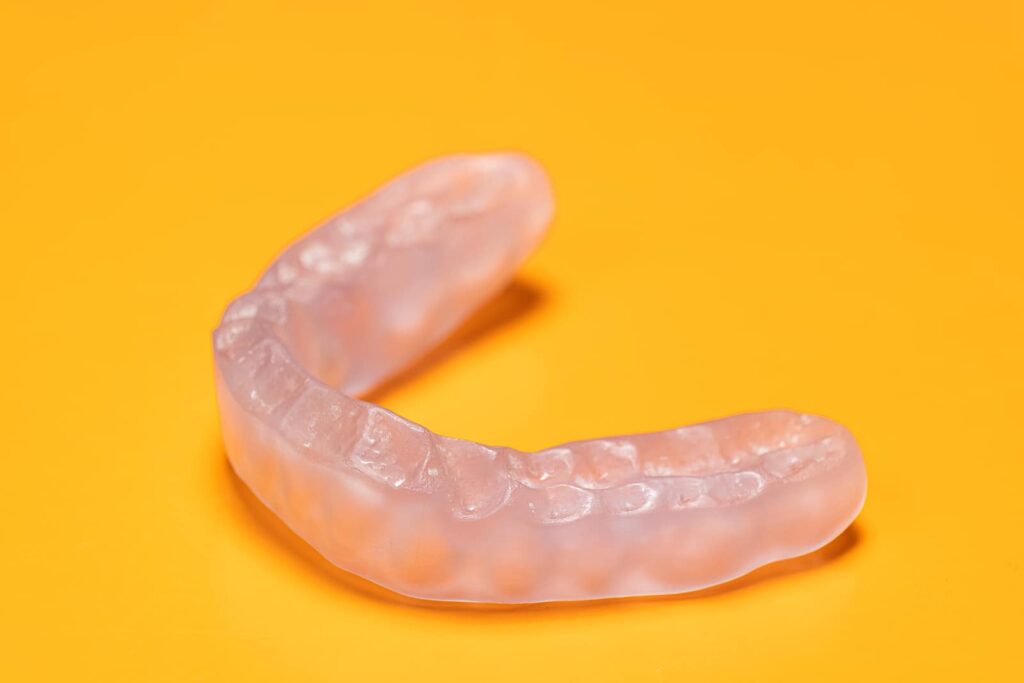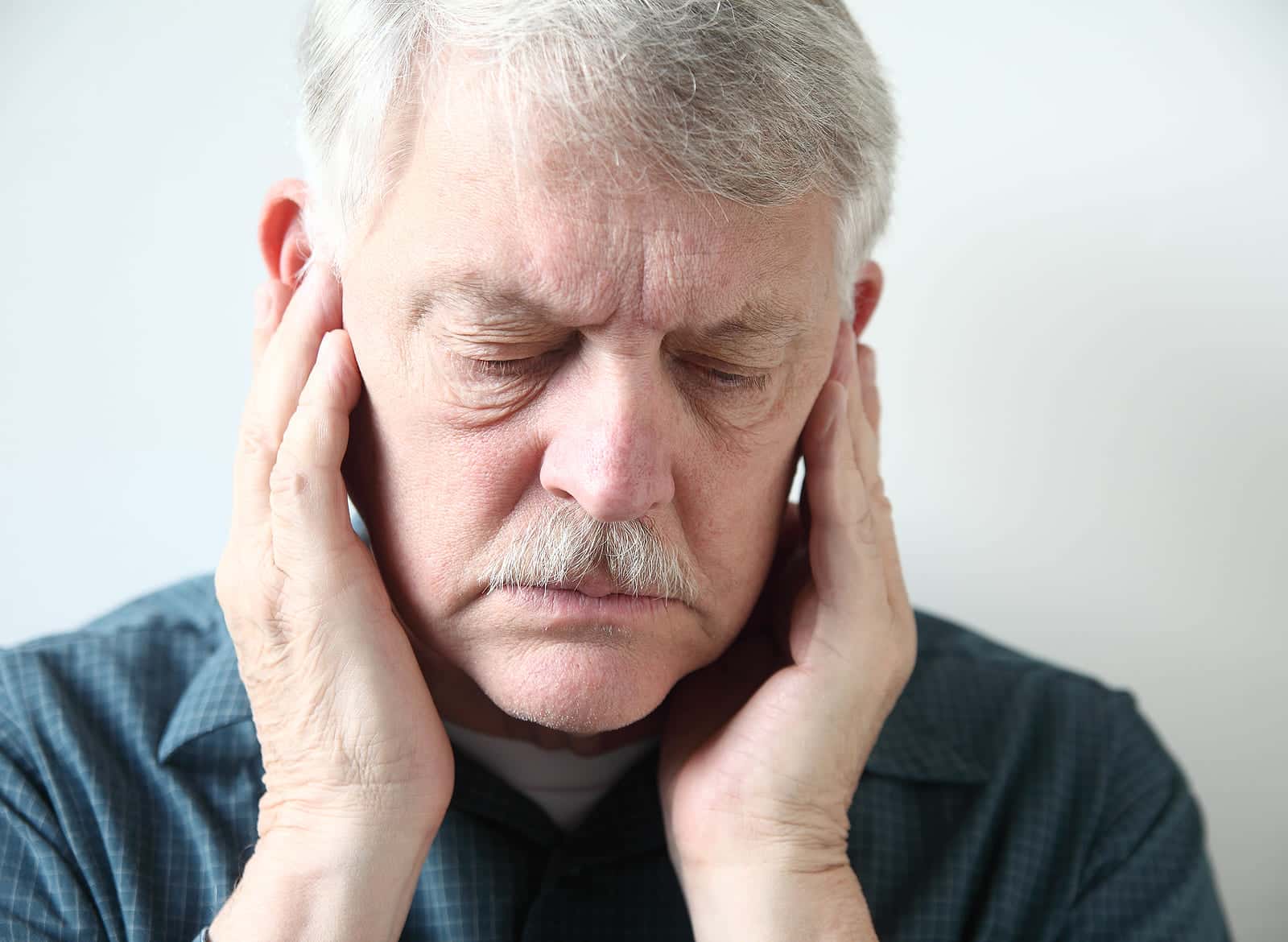Living with ear pain that doesn’t seem to go away can be frustrating, especially when the cause isn’t an ear infection. Many patients wonder, “Can TMJ Cause Ear Pain?” The answer is yes — jaw problems, particularly TMJ disorder, can often lead to ear pain and discomfort. At Smiles by Lorino in New Jersey, we often see patients who report ear pain that later turns out to be temporomandibular joint–related.
Let’s explore how TMJ and ear pain are connected, the symptoms to watch for, and what treatments can help bring you lasting relief.
Understanding TMJ Disorder
Your temporomandibular joints (TMJs) are the hinge-like joints that connect your lower jaw to your skull, located right in front of your ears. They allow you to open, close, and move your jaw side to side, functions you use constantly when eating, talking, or yawning. Many patients often wonder, can TMJ cause ear pain? Since the joints are so close to the ears, TMJ disorders can indeed lead to discomfort, pressure, or even ringing sensations in the ear area.
When these joints or the surrounding muscles become irritated, inflamed, or misaligned, the condition is known as TMJ disorder. This disorder can trigger a wide range of symptoms, including pain in the jaw, face, head, neck, and even the ears.
Can TMJ Cause Ear Pain?
Yes, TMJ can absolutely cause ear pain. The TMJ sits right beside the ear canal, and the nerves and muscles in this area are closely connected. When the joint becomes strained or inflamed, the discomfort can radiate to the ear, creating pain that feels similar to an ear infection or pressure buildup.
Many patients describe the sensation as:
- A dull ache inside or around the ear
- A feeling of fullness or congestion in the ear
- Sharp pain when chewing or opening the mouth
- Ringing in the ears (tinnitus)
So, while your ears might feel affected, the source of the problem is often your jaw joint.
How TMJ Causes Ear Pain
1. Shared Nerve Pathways
The trigeminal nerve, which controls jaw movement and facial sensation, is located near the TMJ and also connects to the ear. When TMJ inflammation occurs, the pain signals can travel along this nerve, causing referred ear pain.
2. Muscle Tension
TMJ disorders often lead to overworked or tight jaw and facial muscles. These muscles extend toward the ears and can create a feeling of soreness or pressure in the ear area.
3. Joint Inflammation and Pressure
When the TMJ becomes inflamed, swelling and pressure in the joint capsule can radiate toward the ear canal, making it feel blocked or painful.
Is Ear Pain a Symptom of TMJ?
Yes, ear pain is one of the most common symptoms of TMJ disorder. In fact, many people visit their doctor or ENT first, thinking they have an ear infection but find no infection present. If your ear pain is accompanied by jaw clicking, popping, or stiffness, it’s a strong indicator of TMJ involvement.
Other common TMJ symptoms include:
- Clicking or popping sounds when opening or closing the mouth
- Difficulty chewing or biting
- Jaw locking or limited movement
- Headaches or migraines
- Pain in the face, neck, or shoulders
If several of these symptoms sound familiar, it may be time to schedule a TMJ evaluation at Smiles by Lorino.

TMJ Disorder and Earache: When to See a Specialist
It’s important not to ignore persistent ear pain, especially if it isn’t responding to traditional treatments for ear infections. A TMJ specialist can evaluate your bite, jaw alignment, and muscle function to determine whether a Temporomandibular Joint disorder is contributing to your discomfort.
At Smiles by Lorino, we use advanced diagnostic tools to pinpoint the cause of your pain and create a customized treatment plan that addresses both the symptoms and the underlying problem.
Effective Treatments for TMJ-Related Ear Pain
The good news is that TMJ-related ear pain is treatable. The right approach depends on the cause and severity of your condition. Common treatments include:
1. Custom Nightguards or Splints
A custom TMJ nightguard helps reposition the jaw, reduce clenching and grinding, and relieve pressure on the joints and muscles.
2. Orthodontic Treatment
Misaligned teeth or an uneven bite can strain the TMJ. Correcting alignment issues with orthodontic treatment, such as braces or Invisalign® clear aligners, can bring long-term relief and restore proper function.
3. Lifestyle and Home Remedies
Simple changes can help reduce jaw strain, such as:
- Eating soft foods
- Avoiding gum chewing
- Applying warm compresses
- Practicing jaw relaxation exercises
4. Physical Therapy and Massage
Targeted exercises and muscle therapy can improve joint mobility and relieve muscle tension.
5. Stress Management
Since stress often leads to teeth clenching or grinding, incorporating relaxation techniques can help reduce TMJ flare-ups.
Preventing Ear Pain from TMJ Disorder
To minimize ear pain and TMJ symptoms:
- Maintain good posture, especially if you sit at a desk
- Avoid biting nails or chewing hard foods
- Keep your jaw relaxed and avoid extreme mouth movements
- Use your TMJ appliance consistently if prescribed
Early diagnosis and consistent treatment can prevent chronic pain and joint damage.
Why Choose Smiles by Lorino for TMJ Care in New Jersey
At Smiles by Lorino, our experienced team understands the intricate connection between the jaw and ear — a key factor when answering the question, “Can TMJ Cause Ear Pain?” Dr. Lorino and our specialists provide comprehensive TMJ evaluations, advanced bite analysis, and personalized care to address your specific needs.
We take a gentle, patient-focused approach, ensuring your treatment is comfortable, effective, and tailored for long-term results. Whether you’re experiencing ear pain, jaw clicking, or tension headaches, we can help you find lasting relief.
Frequently Asked Questions About TMJ and Ear Pain
1. How do I know if my ear pain is from TMJ or an infection?
If your ear pain doesn’t include drainage, fever, or hearing loss, but you have jaw soreness or clicking. It may be TMJ-related rather than an ear infection. A dental or TMJ evaluation can confirm the cause.
2. Can TMJ cause ringing in the ears (tinnitus)?
Yes. The nerves and muscles connected to the TMJ can affect the middle ear, sometimes leading to ringing, buzzing, or pressure sensations.
3. Will TMJ ear pain go away on its own?
Mild TMJ pain may improve with rest, jaw relaxation, and soft foods, but persistent symptoms should be evaluated to prevent worsening or chronic pain.
4. Can orthodontic treatment help TMJ-related ear pain?
Absolutely. Correcting bite misalignment through orthodontics can reduce strain on the jaw joint and alleviate ear pain over time.
5. What happens if TMJ disorder is left untreated?
Without treatment, TMJ issues can lead to chronic pain, jaw locking, tooth wear, and ongoing ear discomfort.
Find Relief from TMJ and Ear Pain at Smiles by Lorino
If you’ve been asking, “Can TMJ cause ear pain?” the answer is yes, and help is available. At Smiles by Lorino, we specialize in diagnosing and treating TMJ disorders to relieve ear pain, restore jaw function, and improve your overall comfort.
Contact our New Jersey locations today to schedule your TMJ consultation and take the first step toward a pain-free life.


